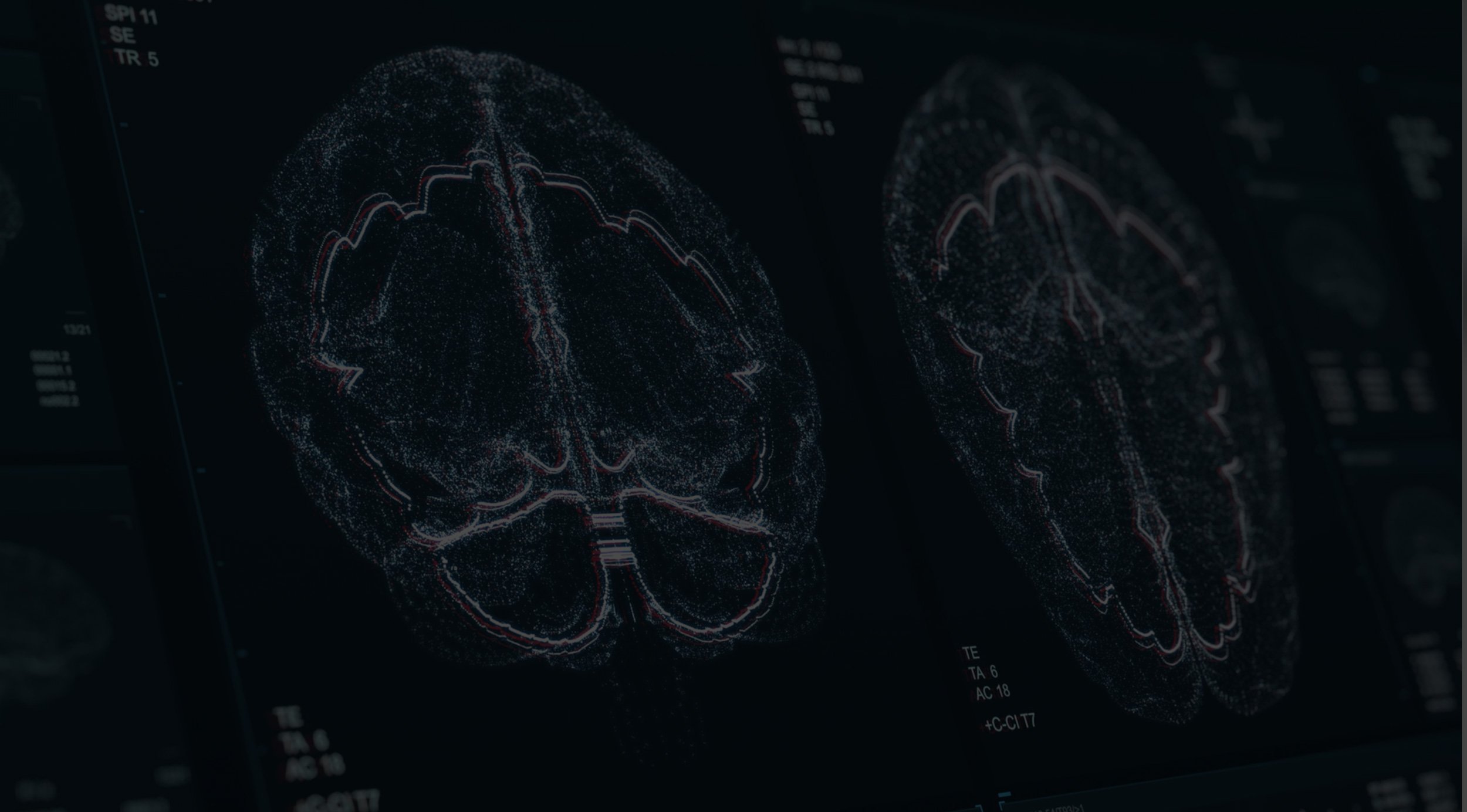
TMS TREATMENT
Find relief from depression, OCD, PTSD, and more with TMS Therapy.
TRANSCRANIAL MAGNETIC STIMULATION (TMS)
TMS is an FDA-approved, medication-free, non-invasive treatment with higher remission rates than antidepressants and psychotherapy.
How does TMS work?
Transcranial Magnetic Stimulation (TMS) is a safe, effective technological breakthrough that sends pulses of magnetic energy (similar to an MRI machine) to stimulate specific areas of the brain that are underactive and play a crucial role in regulating your emotional well-being.
What’s it like?
TMS therapy is a non-invasive procedure that does not involve sedation or anesthesia. Our experts will deliver precise magnetic pulses to targeted areas of your brain. The sessions are safe and well-tolerated with minimal (and temporary) side effects.
Is it right for me?
TMS is a suitable treatment for most people, especially those who haven’t responded to medication and other therapies. Before getting started, our clinicians will confirm your eligibility.
Does TMS treat more than depression?
Yes, TMS is highly effective and proven to treat major depressive disorder, anxiety, OCD, migraines, chronic pain, PTSD, bipolar disorder, ADHD and smoking cessation, among others.

HOPE -TMS®
Acacia created a specialized program that isn’t offered anywhere else — HOPE-TMS®. Our program combines the accelerated 5-day TMS treatment process with high-impact, evidence-based psychotherapy. The timing is critical to make lasting change that can transform your life.
CEO / Medical Director
Dr. Carreon
“TMS increases neuroplasticity — the ability of the brain to make changes that stick. This means we have a golden window after TMS that allows us to make changes to beliefs, values, and behaviors…We’ve seen people who struggled to progress in therapy for years make great strides in the 8-10 session course following TMS.”
Strategic & Personalized Care
Acacia administers TMS therapy differently. With HOPE -TMS℠, we look at a patient’s advanced brain image (a functional MRI) to identify target areas for the best results — even remission.
Other TMS clinics may claim to use “neuronavigation,” but often clinicians rely on generalized brain models. Our process requires an additional scan that may uncover other underactive areas of the brain vital to the treatment’s success.
TREATED CONDITIONS
-
Major depression is associated with altered brain activity in the dorsolateral prefrontal cortex among other deeper brain structures. The left DLPFC region is often used as a target for TMS treatment. Using specialized brain scans called functional magnetic resonance imaging (fMRI), left DLPFC treatment targets can be personalized to an individual’s specific brain activity and connectivity.
-
Anxiety has been shown to be associated with altered brain activity in a distinct brain circuit from depression based on data-driven approaches for identifying symptom specific targets.
-
OCD (Obsessive-Compulsive Disorder) symptoms have been linked to altered brain activity in several brain regions. This includes increased brain activity in cortico-striatal brain regions and the orbitofrontal cortex. Research has also shown that connections between the OFC and other brain regions are altered in individuals with OCD making it one brain target of interest.
-
PTSD (Post-Traumatic Stress Disorder) symptoms may be treated with stimulation targeting the DLPFC. Several RCT’s have shown a benefit of right DLPFC of stimulation with strong effects. Other studies have also shown a benefit of left DLPFC stimulation for individuals with PTSD. Relevant systematic review and meta-analysis:
-
Bipolar depression symptoms may be treated with stimulation targeting the left DLPFC, similar to major depression. It may involve stimulation to the right DLPFC in addition to or instead of left DLPFC stimulation.
Brain Targeting Specialist
Dr. Shan Siddiqi
Depression brain targets are calculated by Dr. Shan Siddiqi, a leading neuroscientist and Harvard faculty member. Dr. Shan Siddiqi looks at a patient's advanced brain image (functional MRI) and finds the place most likely to make a difference. Acacia’s research has shown the target areas can be quite different than the areas typically treated when using generalized brain models as a guide.
If you’re looking for other TMS treatments, we provide those too.
SAINT® Therapy
The SAINT® neuromodulation system is an innovative approach to treating depression. It employs non-invasive magnetic stimulation tailored to precisely target specific brain areas linked to depression. This accelerated and personalized method is designed to treat Major Depressive Disorder (MDD).
Acacia Clinics is the first independent treatment center to provide commercial SAINT® therapy developed by Magnus Medical.
Conventional TMS
We also offer Conventional TMS services, which are covered by most insurance providers. Treatment is delivered in 8-22 minute increments once per day over the course of 8 to 10 weeks, depending on your specific diagnosis protocol.
Why choose Acacia?
Acacia Clinics has performed more accelerated TMS treatments than any other provider in the world. We also have a proven clinical record, with response and remission rates greatly exceeding the national TMS response averages and best available antidepressants. Our medical team is at the forefront of TMS research and dedicated to discovering more effective methods to treat mental illness.

PATIENT TESTIMONY
“A lot of the sharp edges in my depression have faded, almost disappeared. I have more confidence, I don’t cry as often. I have my moments, but before TMS I was crying just about every day. It feels easier to count my blessings. It feels easier to speak my mind. The connections that I’ve made here [at Acacia] have been so heartfelt. I will miss you guys.”
60 yr old with depression
Interested in trying TMS therapy at Acacia?
Veterans
New Patients









